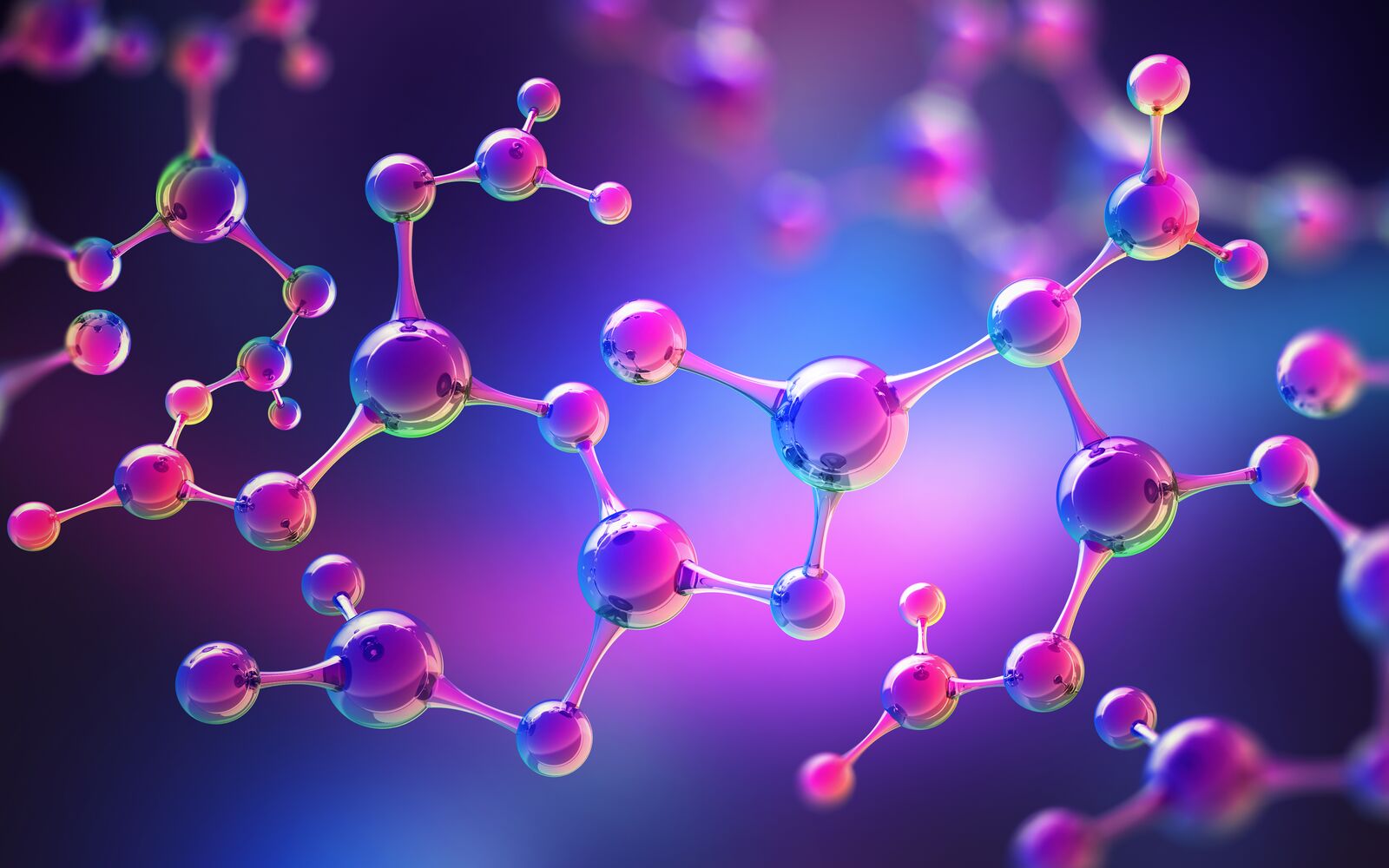
Chemical allergies, also known as contact dermatitis, are a common condition that occurs when the skin comes into contact with certain substances, triggering an immune response. This allergic reaction can cause a range of symptoms, including redness, itching, swelling, and even blisters. If you're experiencing chemical allergies, you may be wondering how long they typically last and how to effectively manage them. In this article, we will explore the duration of chemical allergies and provide practical tips for dealing with them.
- Understanding the Duration of Chemical Allergies:
The duration of chemical allergies can vary depending on several factors, including the individual's immune system, the specific allergen, and the severity of the reaction. In general, mild cases of contact dermatitis may resolve within a few days to a couple of weeks, while more severe cases can persist for several weeks or even months. It's important to note that repeated exposure to the allergen can prolong the duration of the allergic reaction. - Identifying and Avoiding Allergens:
To effectively manage chemical allergies, it's crucial to identify the specific allergen that triggers the reaction. Common culprits include certain metals (e.g., nickel), fragrances, preservatives, and chemicals found in cosmetics, cleaning products, and personal care items. Once the allergen is identified, the best approach is to avoid contact with it as much as possible. This may involve reading product labels, choosing hypoallergenic alternatives, and wearing protective clothing or gloves when necessary. - Treating and Soothing Symptoms:
While avoiding the allergen is the primary strategy, there are also various ways to alleviate the symptoms of chemical allergies. Over-the-counter hydrocortisone creams or ointments can help reduce inflammation and itching. Applying cool compresses or taking antihistamines can provide temporary relief as well. In more severe cases, a dermatologist may prescribe stronger topical corticosteroids or recommend other treatment options such as phototherapy or oral medications. - Preventing Future Allergic Reactions:
To prevent future allergic reactions, it's essential to take preventive measures. This includes maintaining good skin hygiene, using mild and fragrance-free products, and moisturizing regularly to keep the skin barrier intact. Additionally, it's advisable to patch test new products before using them extensively and to be cautious when trying out unfamiliar substances. Keeping a record of known allergens and avoiding them in the future can also be helpful.
Conclusion:
Chemical allergies can be a frustrating and uncomfortable condition, but with proper understanding and management, their impact can be minimized. By identifying and avoiding allergens, treating symptoms effectively, and taking preventive measures, individuals can alleviate the duration and severity of chemical allergies. Remember, consulting with a healthcare professional or dermatologist is always recommended for personalized advice and treatment options.
